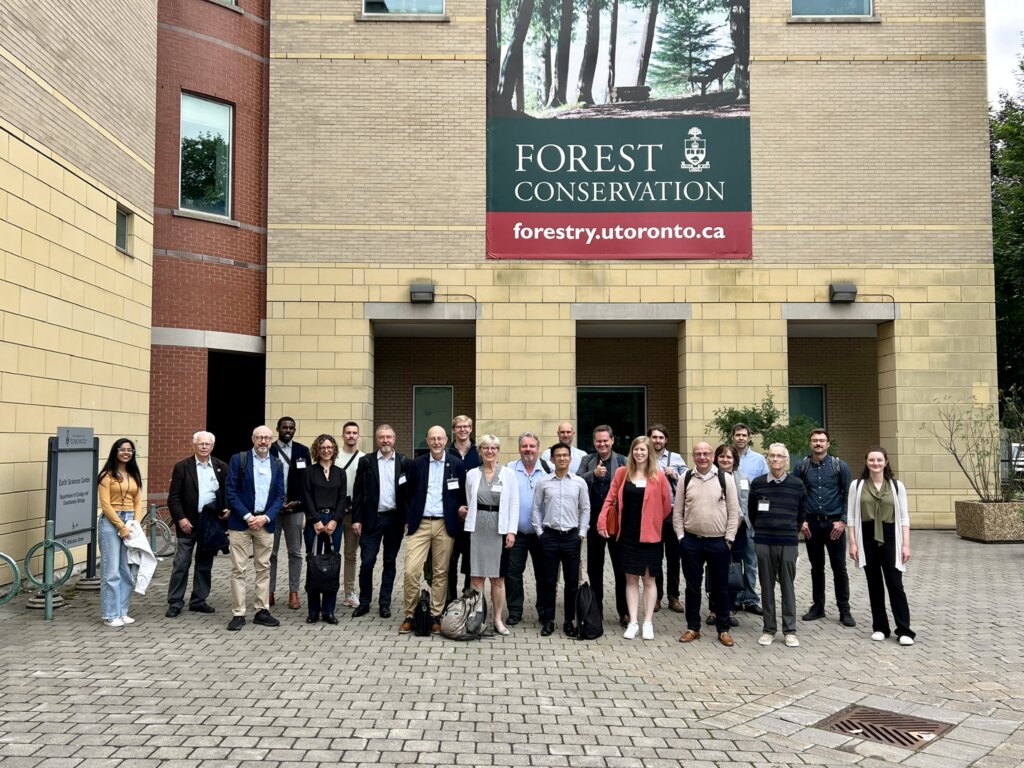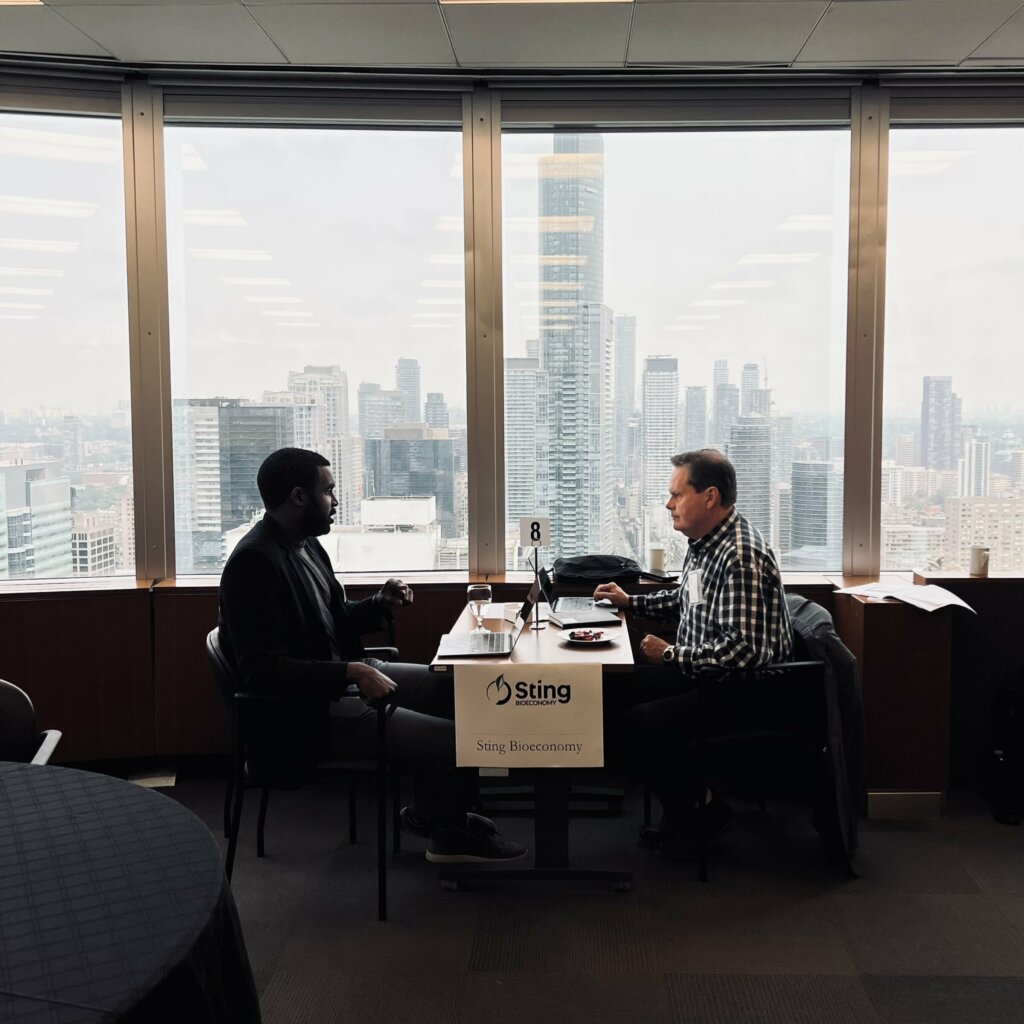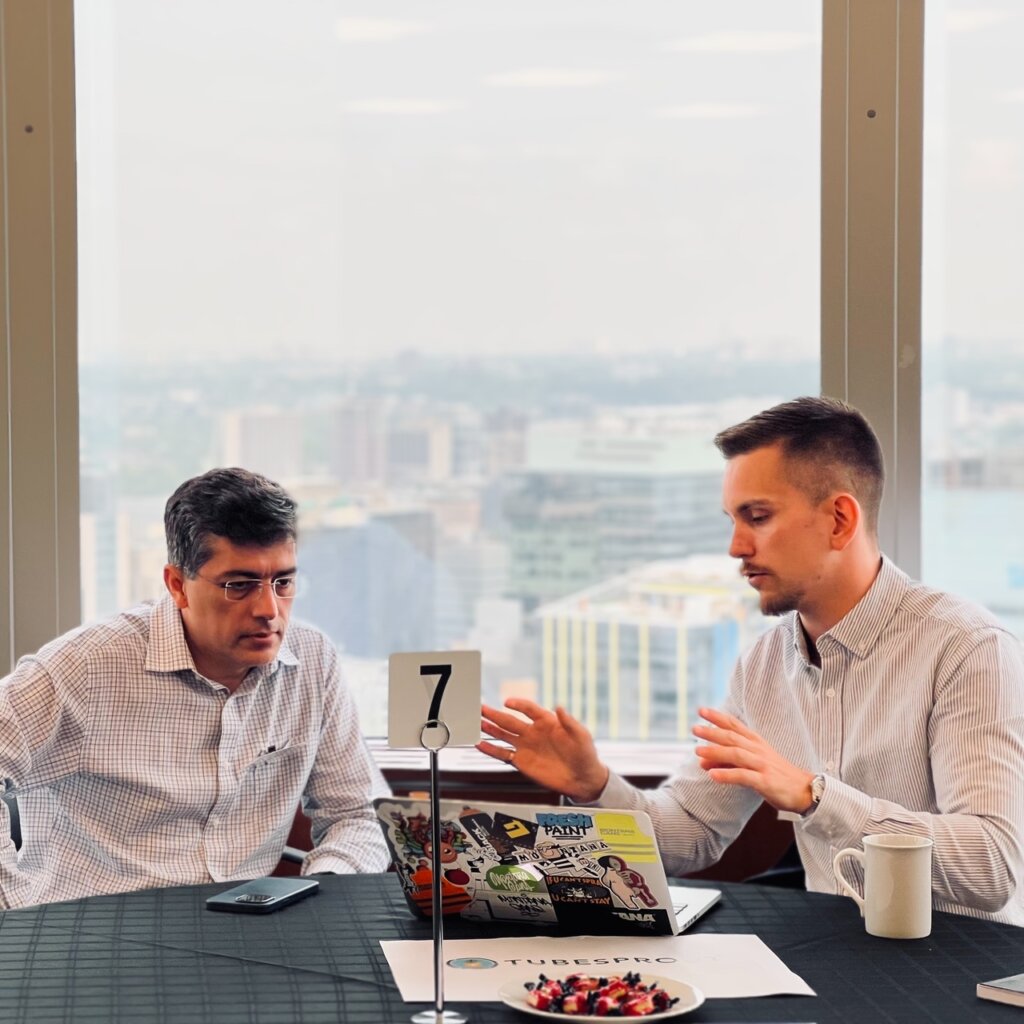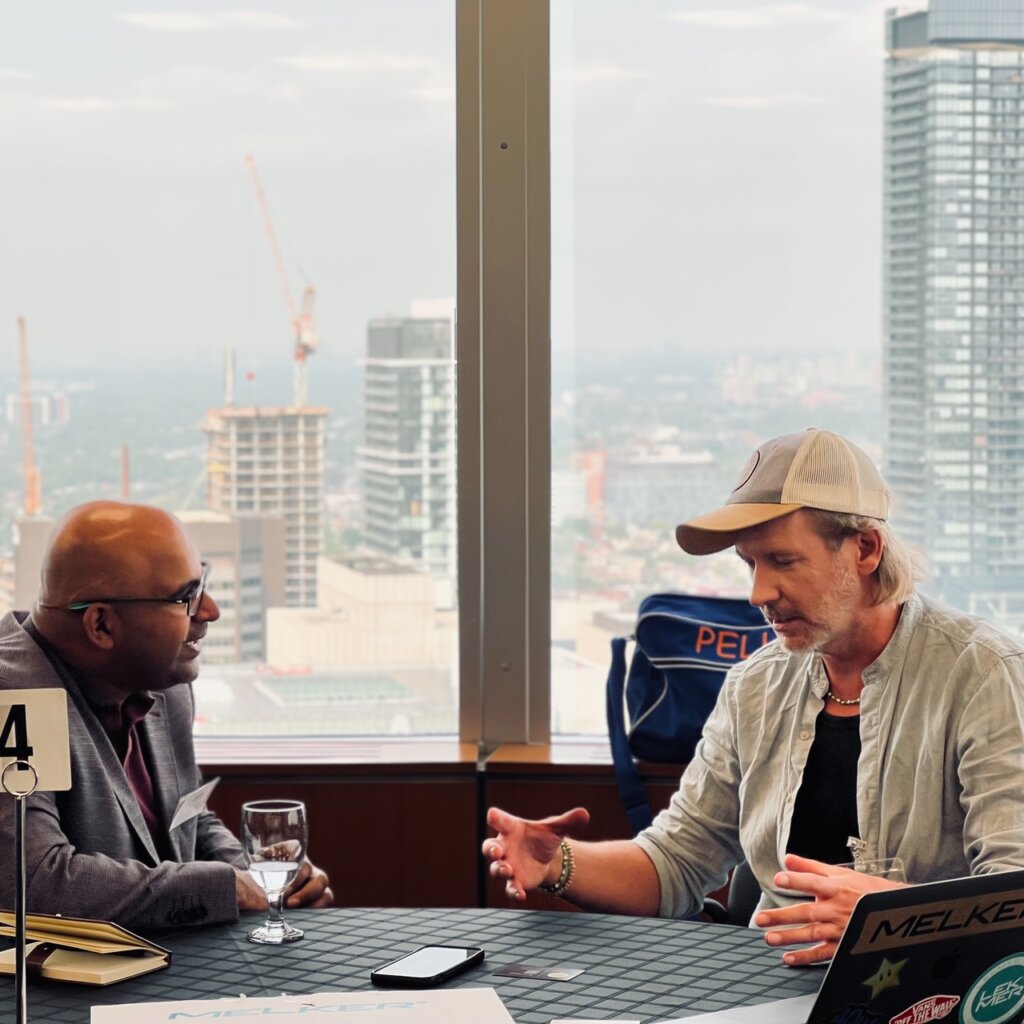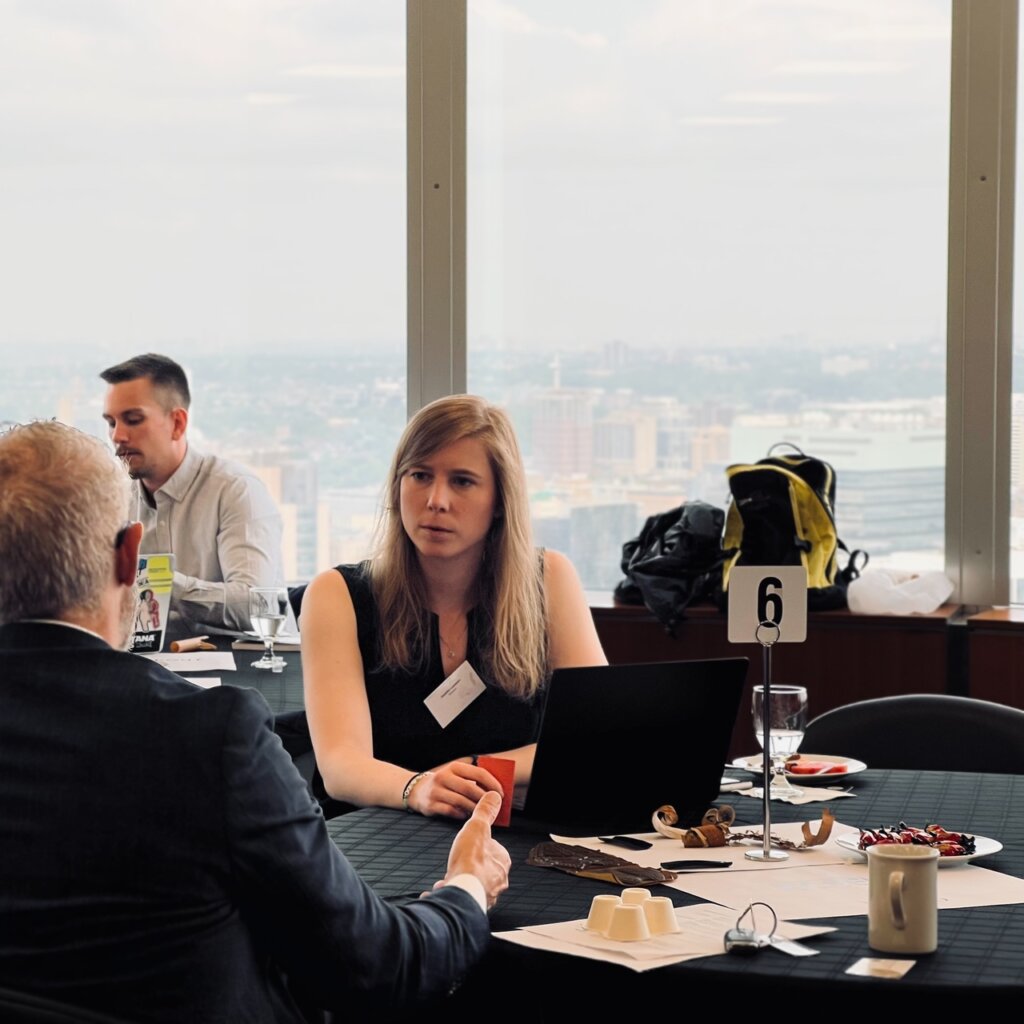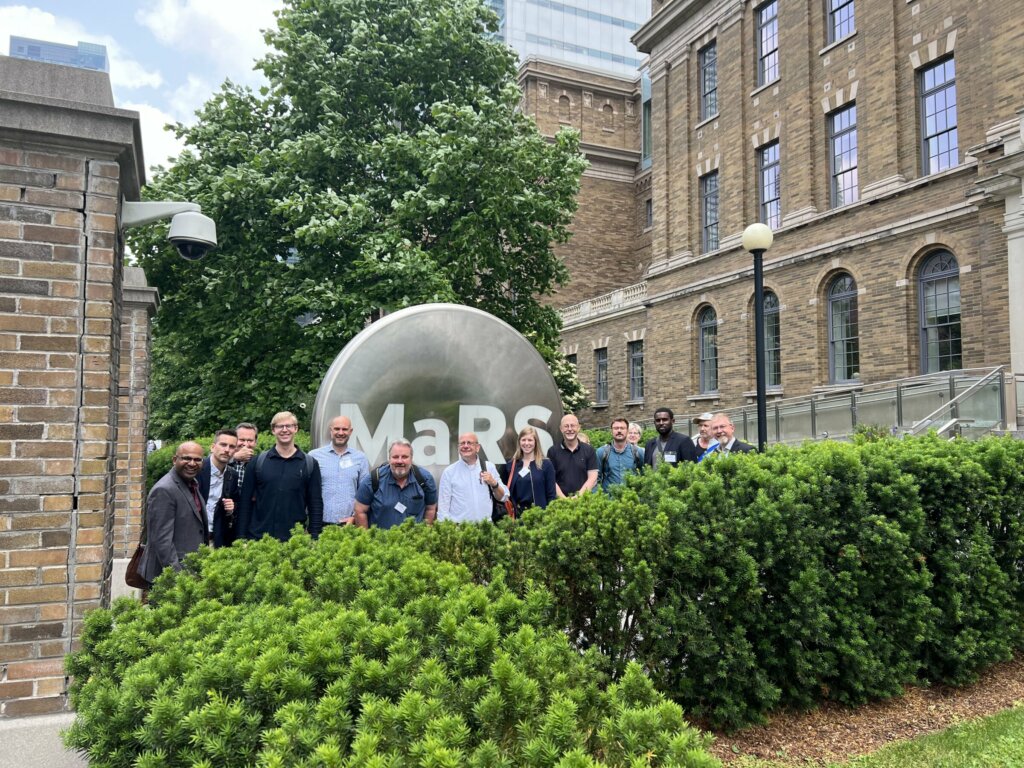CRIBE and its international partners enable cross-jurisdictional collaboration, bringing SME’s and innovators to new markets.
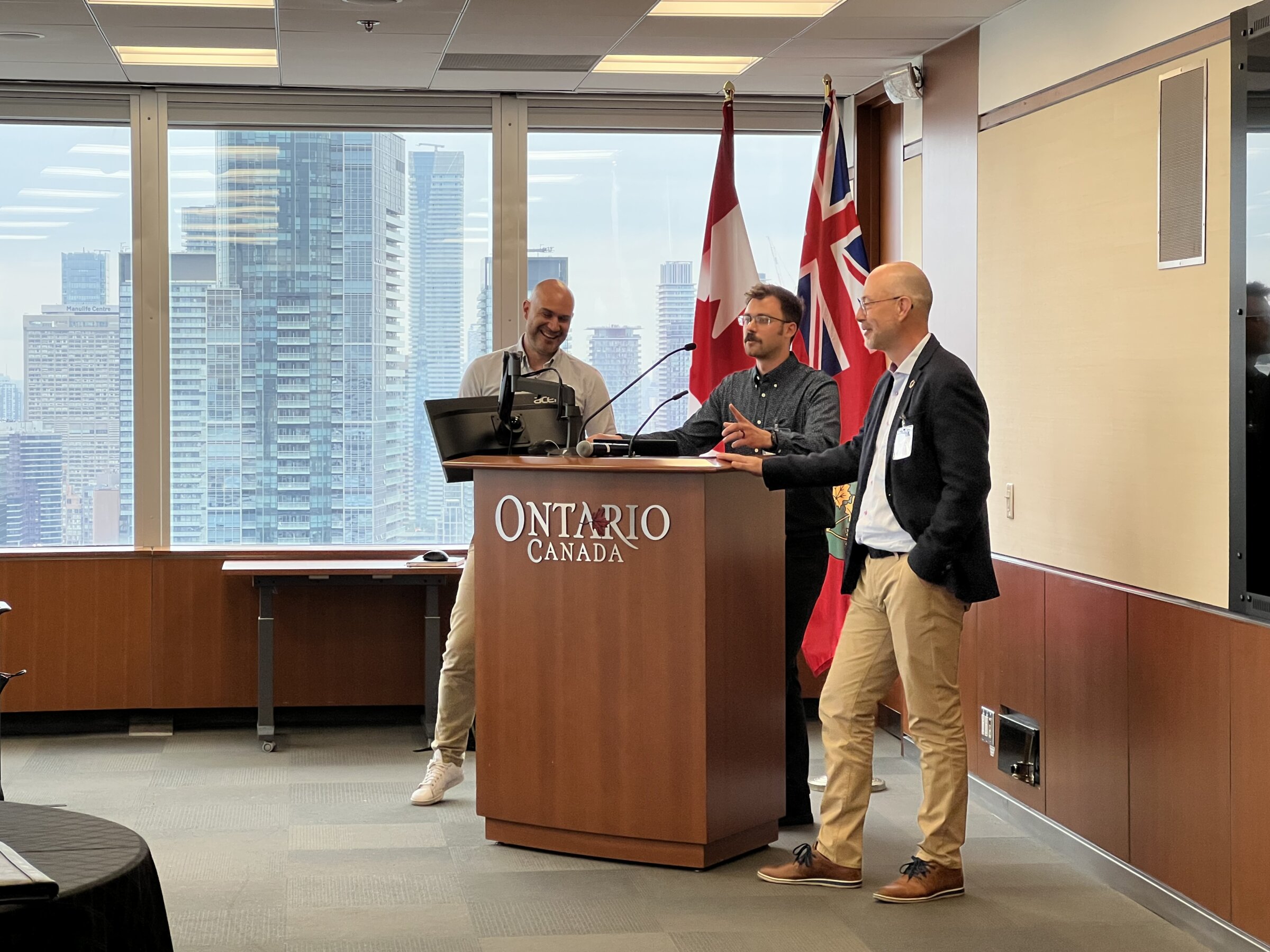
“Seven Swedish startups found new business opportunities in Canada” says Paper Province, one of CRIBE’s international partners.
June 2023 was a busy month for CRIBE and its Nordic Colab. While CRIBE’s CEO, Chris Walton, was attending the World Conference on Timber Engineering in Oslo, the CRIBE and Business Sweden teams welcomed Paper Province, Sting Bioeconomy, Sustainable Steel Region and seven Swedish SME’s to Canada.
Organizations Collaborate Internationally to Support Bio-Based Alternatives for Various Industries – CRIBE and Paper Province have been collaborating since 2019, as part of an ongoing Nordic Colab initiative. Through the Nordic Colab, CRIBE has been working closely with partners in Sweden and Finland to share common challenges and opportunities. Having similar forests and shared sustainability and climate change goals, Canada, Sweden and Finland have significant opportunity to collaborate; advancing innovation in the forest-based bio-economy.
June 2023 Event Takeaways
In Toronto, CRIBE co-hosted a workshop and matchmaking event in collaboration with Business Sweden, Paper Province, Sting Bioeconomy, and Sustainable Steel Region.
“It was great to meet with the Swedish delegation and exchange collaboration ideas and business opportunities. Working together to tackle common challenges in the bio-economy has been a strong outcome of these events. Building on the biocarbon work we have done in Ontario with the experiences of Sustainable Steel Region, will be a great common challenge to explore as we move forward with bio-economy opportunities in our two countries. Further exploration of market opportunities for Swedish start ups is also a great outcome and we hope to see deployment of new technologies in the Ontario market. A big thank you to all the participants from Canada and Sweden to continue these efforts!”
Mike Barten, Nextfor Coordinator
Who were the Swedish start ups?
Ecopals – Ecopals produces a mouldable, sound-insulating, and biodegradable building material with light weight that is also very strong. The patented design is based on renewable materials such as recycled newspaper and pulp.
Reselo – Reselo has developed a process for producing rubber from birch bark that can replace fossil-based and synthetic rubber.
Biosorbe – Biosorbe efficiently absorbs oil and hydrocarbons in polluted water and air. The absorbed oils can be pressed out and re-used, degraded into harmless components, or be incinerated.
Bright Day Graphene – Bright Day Graphene has a solution to make graphene from biomass/lignin.
Melker of Sweden – Melker of Sweden makes kayaks and other outdoor equipment targeting biobased materials and 3D-printing.
Richter Life Science – Richter Life Science has a solution to speed up the analysis of biomass through the addition of a specific molecule.
Tubesprout – Tubesprout produces a seeding tube made of cellulose which protects against beetles and makes planting more efficient.
If you missed this event but are interested in any of the solutions outlined above, contact the Nextfor team.
How did the visit go? “We have connected with Canadian companies and had the chance to work a lot with the value chain for our raw material. It has been a great trip,” says Josefin Larsson, Product Manager and Co-founder of Reselo.
What were our key takeaways from this event in Toronto?
- Canada and the Nordic regions share opportunities for market development and deployment of innovative bioeconomy technologies. Advanced materials are of strong interest in the Ontario market.
- Ontario and Sweden have some common challenges and opportunities for biochar utilization in the steel sector. We will continue to build on our existing Nextfor programming and evaluate what could be done in collaboration with the Sustainable Steel Region and Paper Province on these topics.
- Opportunities for scale up exist in Ontario, as there are many open market pathways and available feedstock.
